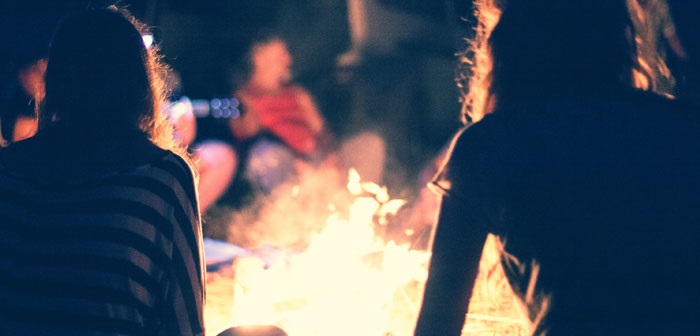Air Pollution

Air Pollution
Did you know that air pollution can come from various sources such as vehicle emissions, industrial activities, and even natural events like bushfires and dust storms? These pollutants can have significant impacts on both our health and the environment.
Air pollution can cause a range of health issues, especially for people with pre-existing conditions such as asthma, heart disease, or respiratory illness. Children, older adults, and people working or exercising outdoors are also more vulnerable.
If you notice poor air quality, try to stay indoors, close windows and doors, and avoid strenuous outdoor activities.
Council, along with state and national agencies, monitors air quality and enforces regulations to help control pollution. The Protection of the Environment Operations Act 1997 provides the legal framework for managing air quality in NSW.
Wood Heaters
While wood heaters can be an efficient way to stay warm in winter, smoke from poorly operated and maintained heaters is a major source of air pollution in residential areas.
Wood smoke contains several noxious gases (including carbon monoxide, oxides of nitrogen, and a range of organic compounds, some of which are toxic or carcinogenic) and fine particles, which go deep into the lungs.
If you can see or smell smoke from your wood heater then you are causing a problem for yourself, your family, and your neighbours.
Tips for reducing wood smoke:
- Burn only dry, seasoned wood to minimise smoke
- Don’t burn rubbish or painted or treated wood
- Make sure your fire has enough air
- Don’t let your fire smoulder overnight
- Regularly clean your chimney to improve efficiency and reduce build up
Did you know?
A poorly maintained wood heater can lose up to 90% of its energy before warming up your home. That’s a lot of wasted heat!
For more information, visit our Wood Heaters page.
Open / Backyard Burning
Open burning or “backyard burning” is illegal across the Campbelltown Local Government Area (LGA), including all rural areas, and is regulated across NSW by the Protection of the Environment Operations (Clean Air) Regulation 2022.
The aim of the regulation is to minimise air pollution associated with burning. Burning vegetation, wood, rubbish, and other waste materials in open fires or incinerators can release harmful fine particles, which are known to increase the incidence of respiratory diseases and can also create a nuisance to your neighbours.
For more information, visit our Open Burning page.
Report Air Pollution
If you need to report an air pollution concern, you can Report it to Council online or call us on 02 4645 4000 during business hours.
We investigate a variety of concerns, including:
Residential and Rural Areas
- Backyard burning
- Dust
- Offensive odours (fumes, vapours, gases)
- Spray painting
- Woodsmoke from a wood heater
Commercial, Industrial, and Construction Sites
- Backyard burning
- Dust
- Offensive odour (fumes, vapours, gases)
- Uncontrolled spray painting
What can I do about air pollution?
There are several actions you can take to help reduce air pollution and protect your health:
- Reduce Vehicle Use: Use public transport, carpool, walk or cycle whenever possible.
- Improve Energy Efficiency: Use energy-efficient appliances and reduce electricity consumption.
- Avoid backyard burning: "Backyard burning” is illegal across the Campbelltown Local Government Area (LGA)
- Stay Informed: Check the Air Quality Index (AQI) regularly to stay updated on local air quality levels. South West Sydney | Air Quality NSW
For more information, you can contact:
- Council: 02 4645 4000
- NSW Environment Protection Authority (EPA): 131 555.
- NSW Health: Contact us
Resources: